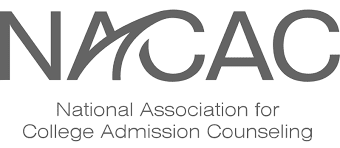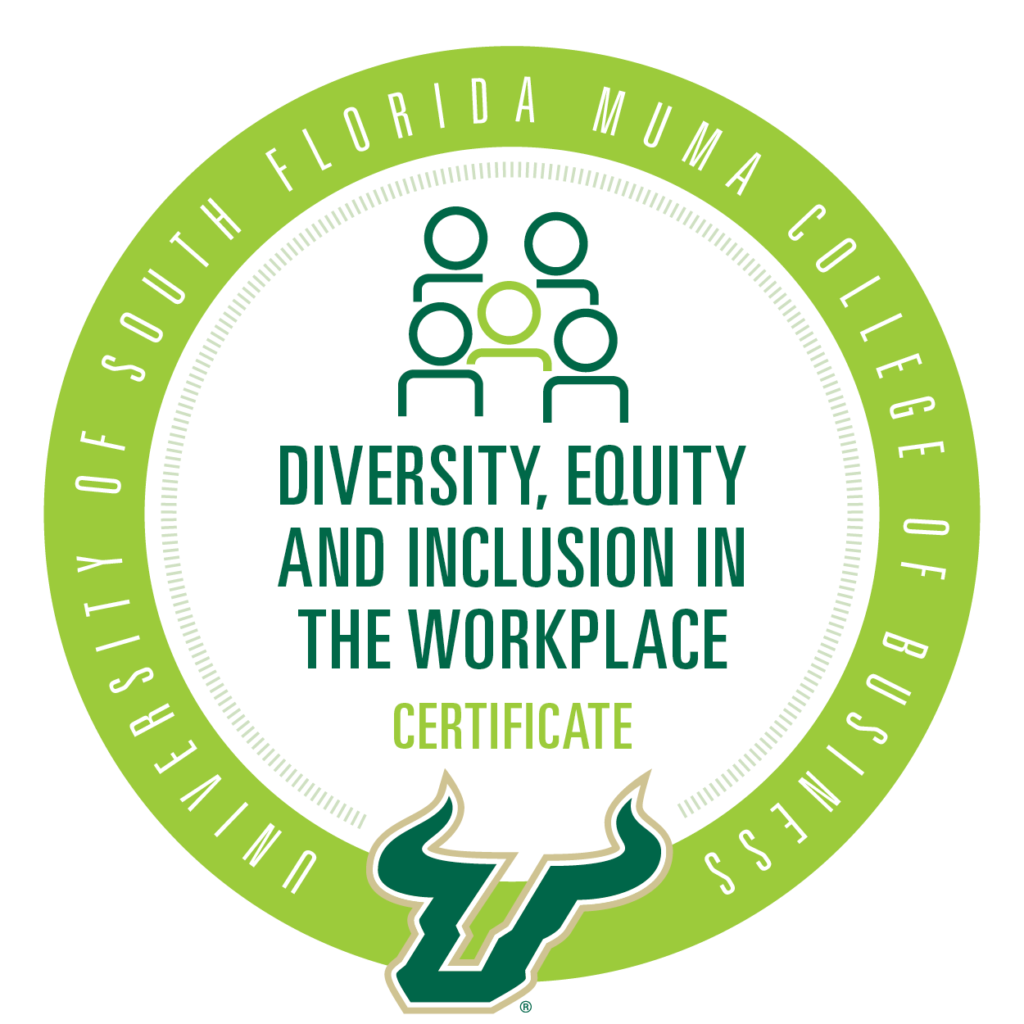As your child prepares to go off to college, there are life skills that your child needs to have in place. While you, as an adult, perform these tasks every day without thought, your child may have no idea how to get them done. You’ll need to make sure that your child has these skills under their belt.
Laundry: Your child will need to know how to separate clothes, how many items to put in the machine, and how much detergent to use. They will need to locate the machines and find out if they are coin operated. Some machines now use a card, much like an ATM card, that is swiped for use of the machines. This card will carry a balance that can be refilled, so that your child can pay for the use of the machines. Review with your child the necessity to keep this card in a secure location as losing it may result in fees and/or penalties for a new card.
Medication: If your child takes medication, they will need to independently take the required dosage. If they have been using a SMTWTFS pill dispenser system, ensure that they can refill it for the next week. Diabetic, and other such medicines, may need to be refrigerated. You may want to purchase a small refrigerator for the student to have in their room. Epi-pens have expiration dates; review these dates with your child so that they are aware. Colleges are not like many secondary schools and sensitive to students’ food allergies. Your student will need to make the medical personnel, cafeteria staff, dorm supervisors, as well as roommates aware of any food allergies and self-monitor food choices. If your student has a severe, life-threatening allergy, they will, again, need to be pro-active in communicating this. The school will not alter the choices given in the cafeteria; therefore, your child needs to be vigilant about the choices they are making. While it may be an uncomfortable topic, this conversation may need to be extended to those with latex allergies in order that safe condom choices are made.
Medical Help: Make sure your child is aware of where school medical facilities are. As a parent, you will need to look into what services are offered and what, if any, insurance requirements there are. A major change for you, as a parent, is that now that your child is over 18, you are no longer able to have access to your child’s medical activity due to HEPA laws. They will need to schedule any required monthly medical appointments. Ensure that they know where to go and to whom to speak. If you child needs monthly allergy shots, for example, you may need to help them find out where to continue this treatment.
Mental Health/Support Services: If your child is working with a mental health professional, you may need to help them find someone to continue to work with them. Again, HEPA laws will prohibit you from having access to discussions they hold and decisions made.
Diet: Hopefully, your child knows how to make healthy food choices. The “Freshman Fifteen” does actually exist, and is one of the leading causes of adult obesity. Review with your child, if need be, that all colleges offer healthy food choices. Moreover – let’s be real – they could very well be drinking, despite the fact that they are not of age. Binge drinking not only has adverse effects on their learning, but on their physical state. Review with your child, the realities of these situations and how to avoid pitfalls; their eating habits WILL be changing. They are now in charge of deciding when to eat and what. Snacking, late night study pizza orders, quick stops at fast food restaurants will have negative effects on their body (and their wallets!) if it not kept in moderation.
Transportation: If your child is used to driving their own car, make sure you find out if they are permitted to have a vehicle at school and any limitations or parking regulations. Review options on how to get home. Find out where there are airports, train stations, and bus terminals and how a student can get to those locations. Look to see if the college has a ride-share program where students can ride together in one another’s car and share the cost. Some college towns have discounts available for students for local travel on public transportation. Show your child how to avail themselves of these.
As you can see, your role as a parent is changing, as is the role of your child. In only a few more months, your child will be expected to be the adult in all aspects of their life. Are they ready to tackle day-to-day life, social awareness and balance that with scholastic responsibilities? Start talking now.
Keep an eye out for the next in my series where we will be discussing Social Awareness.








